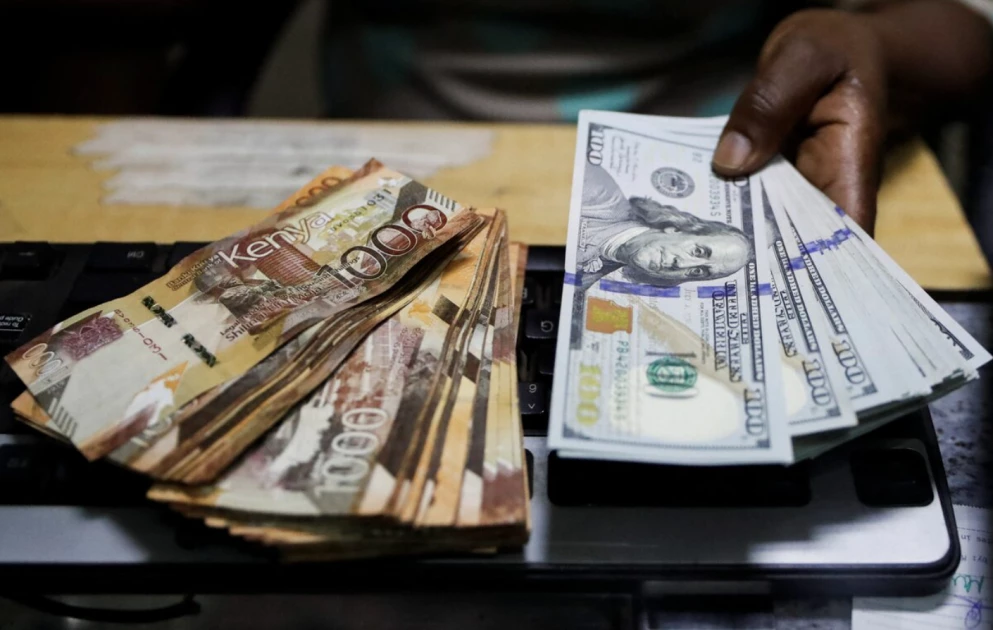Kenya among economies hit by high finance costs - Moody's Ratings

A teller handles U.S. dollar banknotes and Kenya shilling banknotes inside the cashier's booth at a forex exchange bureau in downtown Nairobi, Kenya, February 16, 2024. REUTERS

Audio By Vocalize
Although economies in the region face ever-rising funding needs to keep development and growth on track, they have to contend with high interest rates compared with their advanced counterparts, which is compounded by limited sources of capital.
"Borrowing costs are high across the board," Moody's Senior Vice President Lucie Villa said in the report based on a study of credit conditions in the three markets.
"Debt costs for banks, non-financial companies and sovereigns have increased in all three markets alongside higher policy rates during the past five years."
While borrowing from development partners, which typically lend at low interest rates, has helped to lower foreign currency debt costs, it has not fully offset high local and foreign capital market interest rates, the report found.
The costs of borrowing on international markets for the three countries have come down, with interest spreads over U.S. Treasuries easing for lower-rated Kenya and Nigeria since 2022, but they still stand at around 500 basis points, it said.
South Africa enjoys lower interest rates due to being an emerging economy with deeper domestic capital markets and an effective monetary policy structure, but its costs are considered high relative to many of its emerging market peers due to fiscal constraints.
"Without improvements, South Africa risks continuing a negative spiral in which high interest rates aimed at attracting inflows amid subdued growth limit domestic investment and further hinder economic prospects," the report said.
Moody's blamed overborrowing by the Kenyan government and shallow local markets for limiting access to credit for businesses, while high inflation and low savings curb availability of low interest credit for Nigerian companies.
Redressing the imbalances that keep financing costs high, including the creation of effective policy structures, will take time, Moody's said.


Leave a Comment